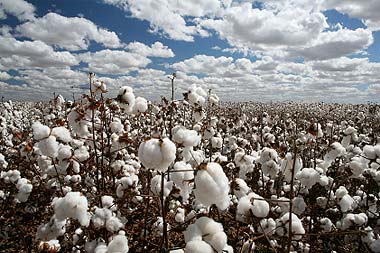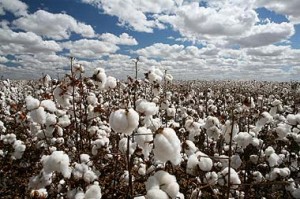May 7, 2014 – A British agricultural consulting group, PG Economics Ltd., has released a new report on the socio-economic and environmental impact of genetically modified (GM) crops covering the years from 1996 to 2012. On its website PG Economics states its clients are both public and private and include leading biotech and agrochemical manufacturers including seed companies and plant breeders. They also list farmer’s organizations and governments in the European Union. Some of those governments are struggling with the issue of whether to allow their farmers to plant GM crops or not.
Can one therefore claim that the report as written is biased towards GM crops and their impact? Maybe or maybe. But what the report concludes is food for thought.
PG Economics begins its latest state of the GM crops world with the following statement: “Given the controversy that the use of this technology engenders in some debates and for some people, the work contained in this paper has been submitted and accepted for publication…..in the peer reviewed journal, GM crops.” The key words here are “peer reviewed.” But who are the peers? Clearly some are scientists in the agrochemical and biotech world.
Nevertheless here are some highlights from their research that covers the span of time from the first emergence of GM crops in 1996 until 2012.
- GM crops have reduced greenhouse gas emissions from the agricultural sector. The contributing factors are fewer applications of herbicides and insecticides creating permanent reductions of 16.7 billion kilograms of CO2 and 6.2 billion liters in burned fossil fuels. This also means a reduction in herbicide and pesticide volumes amounting to 503 million kilograms (1.2 billion pounds).
- GM crops have complimented no till and reduced till farm practices leading to sequestration of an additional 6.7 billion kilograms of CO2. Between the fuel reductions and sequestration, the total is equivalent to taking almost 1 million cars off the world’s roads.
- GM crops have led to increased yields from insect-resistant crops with gains of 10.4% from corn and 16.1% from cotton. Highest yield gains have been recorded in the Developing World on small farm plots growing GM crops.
- Farm incomes have risen in the Developing World at the rate of $3.74 U.S. for each dollar invested in GM crop seeds. Farm income in the Developed World has increased at a lesser rate, $3.04 for each invested dollar.
- Total net economic benefits to farmers over the 17-years GM crops have been in use amounts to $116.6 billion U.S. And in soybeans and corn (maize) total gains in yields have grown from 122 million to 230 million tons.
- For the 17.3 million farmers currently growing GM crops on some 160 million hectares of land it has meant improved productivity and profitability.
The report acknowledges in some cases an over reliance on glyphosate-based herbicides in conjunction with GM crops has led to weed resistance with farmers having to adopt new strategies and herbicide mixes to deal with the problem. But other than that all appears to be glowing in the world of GM crops according to PG. You can access the full report from their home page.
But what about all the negatives associated with GM and the resistance in so many countries to the planting of these “frankenfood” crops? In a report by Food & Water Watch called Cooking the Books, it contradicts one of PG Economics previous state of GM crops arguing that the data sources are biased, that information on pesticide and herbicide use is distorted, and that economic benefits are overestimated and costs for GM planting is underestimated. In their deconstruction of PG’s GM report, Food & Water Watch concludes that GM “is not needed to feed the world and that more sustainable and equitable alternatives can be just as, if not more, productive.”
What are those alternatives? Sustainable farming models with production on diversified, small-scale and organic farms. So what should we conclude other than the fact that the controversy about GM, also known as transgenic, foods remains just as hot as ever with both sides weighing in with “expert opinions.” And in many corridors of government in both the Developed and Developing World the sides line up fighting each other tooth and nail while our world population grows along with the growing need to provide quality, nourishing food for all.





















